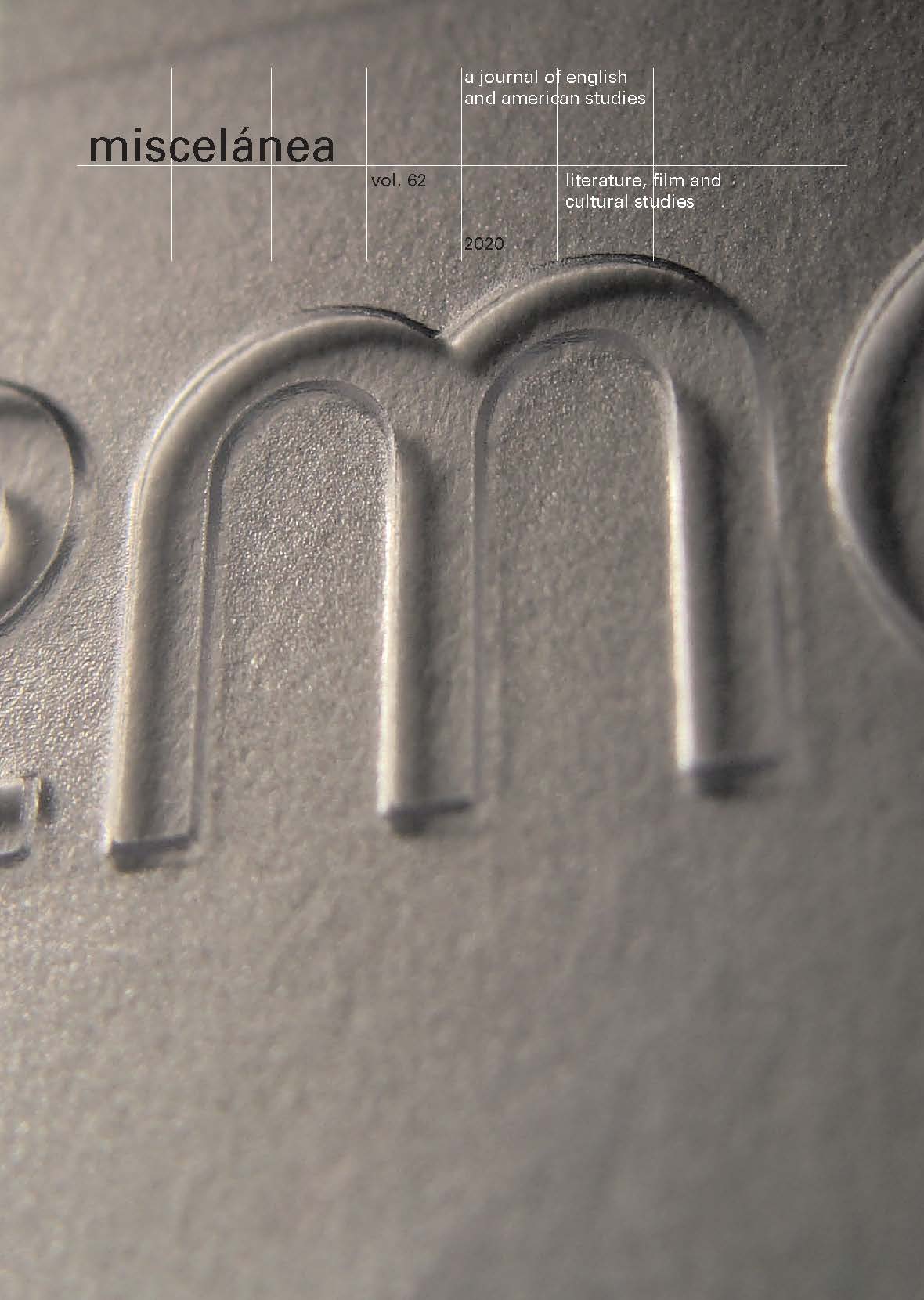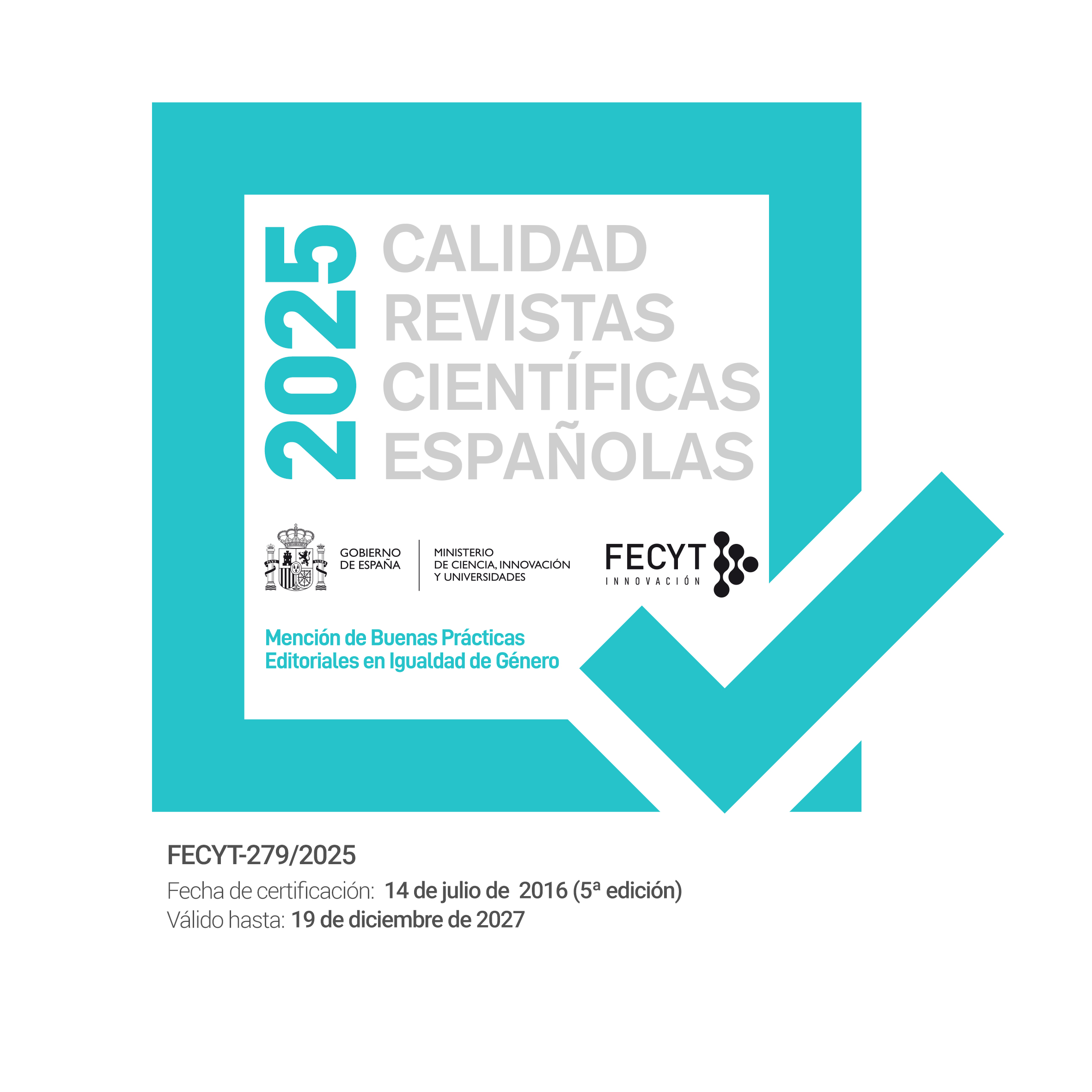Defying Absolutes and Essentialism in Derek Walcott’s Omeros: An Epic of Traces
DOI:
https://doi.org/10.26754/ojs_misc/mj.20205150Keywords:
Epic, Postmodernism, intertextuality, poststructuralism, postcolonialityAbstract
Using poststructuralist and postmodern theory, this article analyses the postcolonial epic poem Omeros (1990) by the author Derek Walcott. In using such a genre, Derek Walcott opens up a discussion on the literary canon and the role of epics. The authority of canonical genres is established through the use of some of the epic’s formal conventions in order to be subsequently questioned through the subversion of some others relating to register and perspective. In this way, Walcott establishes a poststructuralist approach to identity which is perceived as fluid, heterogeneous, and subject to transformations. The intertextuality and parody at work in the text bring to light postmodern concerns about history and the past, which are presented as non-absolute traces. In the end, the epic recovery of roots becomes in this poem an invocation of anti-essentialism.
Downloads
Downloads
Published
Issue
Section
License

This work is licensed under a Creative Commons Attribution-NonCommercial-NoDerivatives 4.0 International License.


